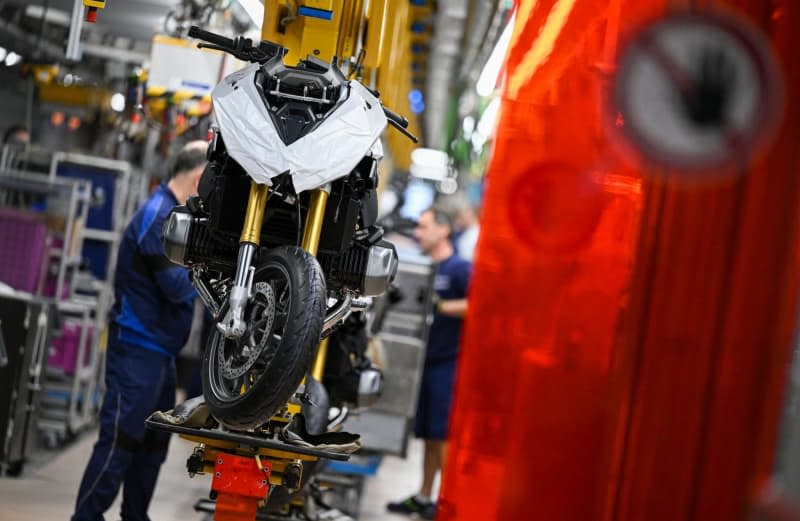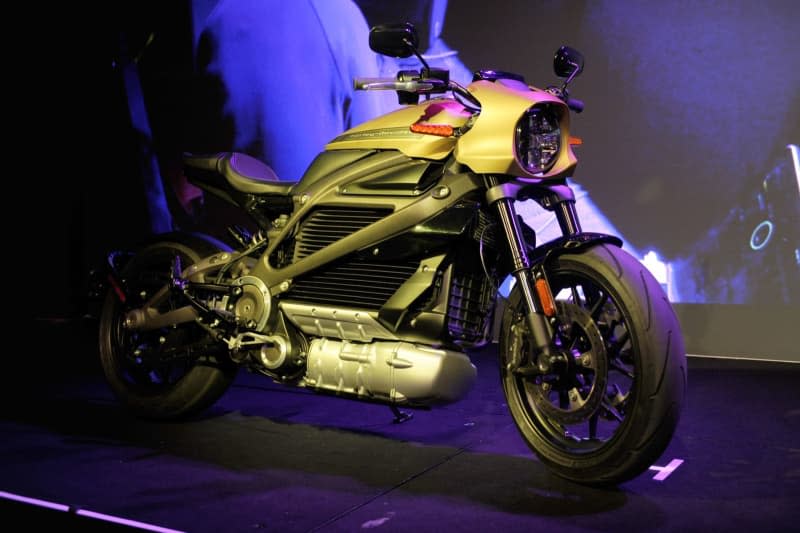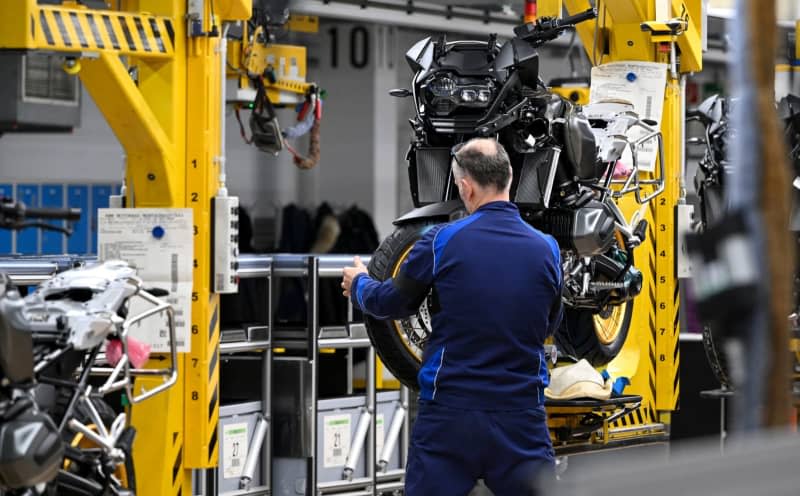Electric motorcycles are failing to attract customers

In a world plagued by air and noise pollution, quiet and low-emissions electric motorbikes could represent the future of motorcycling. And yet poor sales figures show that few people are interested in buying one.
BMW's motorbike division originally wanted to present an electric model in 2025, but postponed the debut until 2027 at the earliest. The reason for the delay is telling.
The Bavarians say there is no significant customer demand for electrically powered motorbikes "in any market in the world," either now or in the foreseeable future, BMW motorbike boss Markus Flasch told the German news NTV website.
BMW is technically capable of building a motorbike with a range of more than 200 kilometres, said Flasch on the fringes of a model unveiling in Lisbon yet as long as customers are not ready to buy, there is no sense in starting production.
US-based Harley Davidson is another big name in the industry yet it has only managed to sell 400 of its trademark Livewire electric two-wheelers, around 0.2% of total sales. The bike costs nearly $23,000 to buy.
Electric motorcycles, which are more a lifestyle purchase, than practical daily transport, are quick on the road yet it seems they cannot offer the pure riding pleasure of petrol-powered models.
When the UK weekly Motorcycle News asked readers a few years back whether "the '20s be the decade of the electric bike?", one scathing reaction was typical of much rider criticism.
"Electric motorcycles are an utter joke," said the respondent. "Who wants to hear a whirring sound instead of a race silencer on a four stroke? Let's not even mention the pathetically short range. Stick them in the skip where they belong."
Swedish company Cake wanted to revolutionize the electric motorbike market with an extravagant design and particularly low noise levels, just as Tesla is trying to do with cars. Now the firm is bankrupt.
Company founder Stefan Ytterborn told Swedish media that it had been hard to attract investors. Amid a recession there was also lack of conviction that customers will buy high-quality electric motorcycles.
Experts believe electric propulsion is right for commuter two-wheelers and scooters where a low range is acceptable and customers are more interested in utility value than looking cool.
Other motorbike manufacturers like Ducati and KTM are keeping quiet about any plans for electric models they might be considering.
Triumph was enthusiastic about its TE-1 project but pulled the plug on development two years ago. It is not clear when or even if a production version will ever appear.
Italian makers Ducati and KTM have also been tight-lipped about electric motorcycles, although Japanese manufacturer Yamaha says it believes they have a future and has brought out an electric off-roader for time trials.
Even tyre manufacturer Michelin, for whom electric motorbikes could offer a niche market with new tyre types, see no incentive in developing special products for the segment.
Company executive Romain Bouchet said there is simply no technology on the market that would allow electric motorbikes to compete with their conventionally-powered counterparts. He also sees a lack of interest among motorcyclists, who in his opinion prefer petrol power.
Modern electric motorcycles do have certain flaws, including reliability issues, high purchase cost and a lack of charging points. Until these problems are taken care of by motorcycle manufacturers and transportation departments, they appear unlikely to make a mark.
Many motorcyclists use their machines for long tours or holiday journeys and a lack of battery range is a big deterrent. Having to frequently recharge along the way also flies in the face of the feeling of freedom which these bikes afford their owners.
There is no bodywork to protect the technology of electric motorbikes either, making them vulnerable to damage, especially in dusty climes. When dust particles enter the electric components and cooling fans, it can cause overheating and even motor failure.
Enthusiasts love to customize their motorcycles, boosting performance or altering their appearance. Customizing an electric motorcycle is, however, difficult and modifying an electric-powered motorbike to make it go faster is nigh on impossible for the layman.
US manufacturer Lightning meanwhile offers the sophisticated Strike electric motorcycle with a range of at least 300 kilometres. The makers say it can be charged from 20 to 90% in 12 minutes, eliminating one of the drawbacks compared to a petrol machine.
Lightning owners enthuse about the quietness of the machine but for many motorcycle fans, the silent running is the biggest turn-off. The noise of a motorcycle engine is loved by bikers - and loathed by many in cities - yet for enthusiasts, a motorbike is all about the sense of power and control that comes with the sound of a rorty engine.



